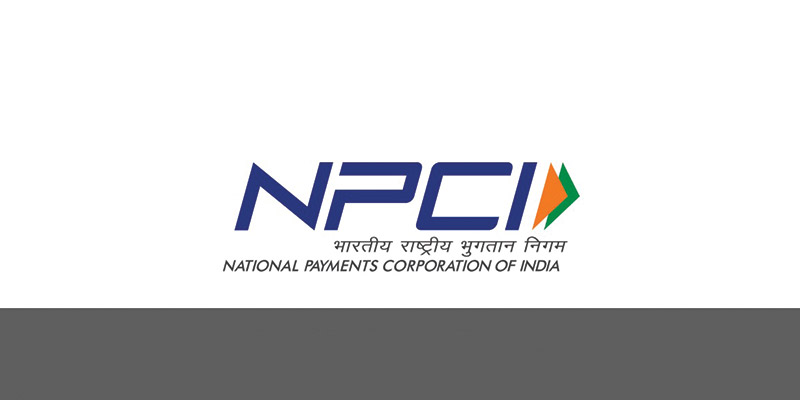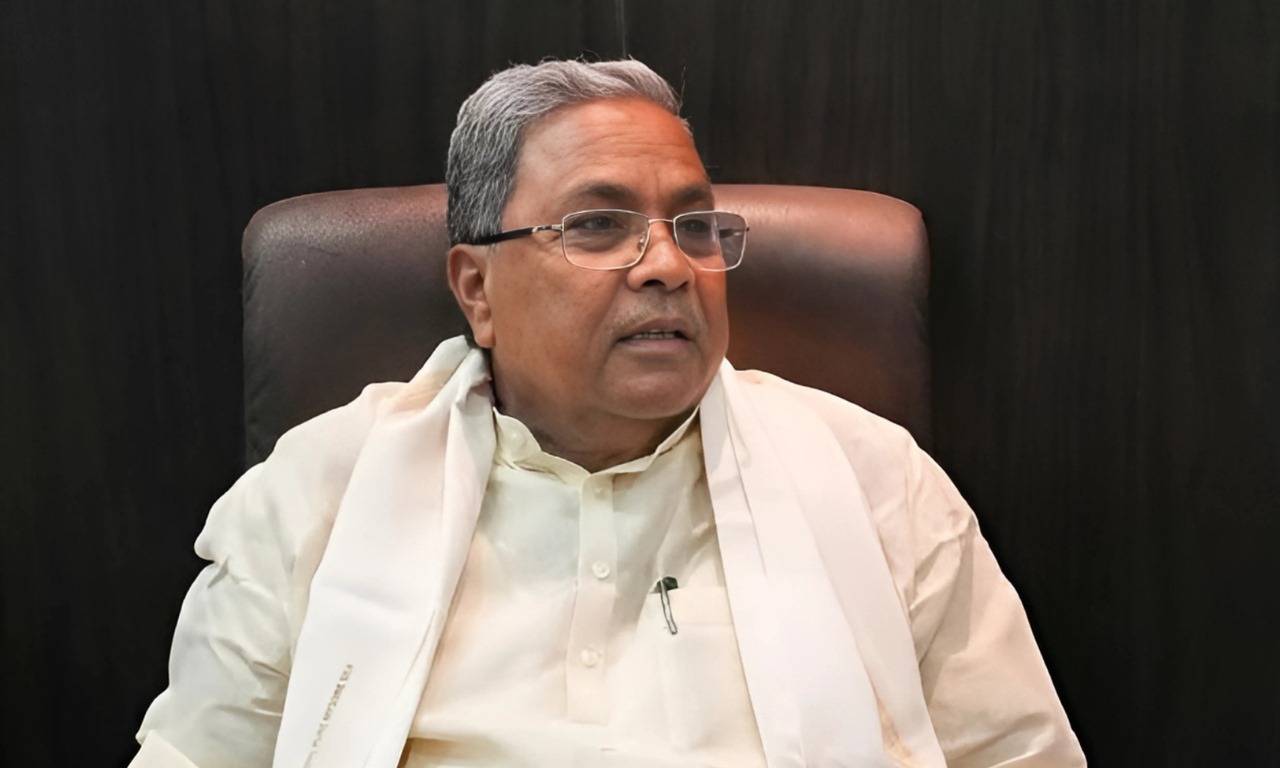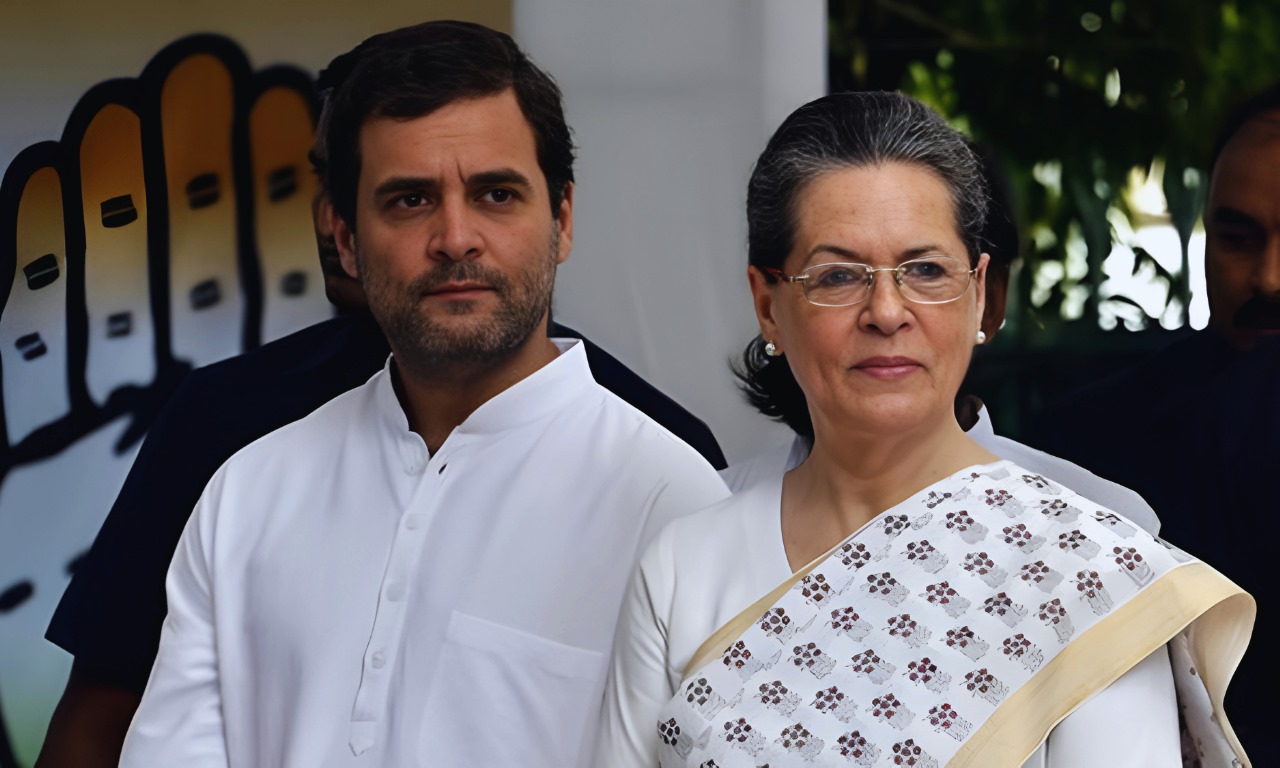NPCI, Bank of Namibia Ink Pact to Develop UPI-like Payment System

NPCI International Payments Limited (NIPL) has signed a pact with the Bank of Namibia for developing a UPI-like instant payment system for Namibia. By leveraging technology and experiences from India’s UPI, the partnership seeks to help Namibia modernize its financial ecosystem. This includes improving accessibility, affordability and connectivity with both domestic and international payment networks, and interoperability.
The platform will facilitate digital transactions in Namibia, driving financial inclusion and reducing cash dependency by catering to underserved populations.
What is Unified Payments Interface (UPI)?
Before 2016, India used a number of different systems to transfer money between banks. The traditional forms included National Electronic Funds Transfer (NEFT) and Real-Time Gross Settlement (RTGS). With the plethora of systems, rules and growing paper burden, there was a need for a unified system that could automate and standardize India’s payment platforms.
In 2016, the National Payments Corporation of India (NPCI) set out with a mandate to change the face of India’s payment systems. It developed the Unified Payments Interface (UPI) as an architecture framework with a set of standard Application Programming Interface (API) specifications to facilitate online payments. The aim was to simplify and provide a single interface across all NPCI systems, thereby creating interoperability and a superior customer experience.
The UPI is a system that powers multiple bank accounts into a single mobile application (of any participating bank), merging several banking features, seamless fund routing and merchant payments into one hood. It also caters to the “peer to peer” collect request which can be scheduled and paid as per requirement and convenience. It facilitates immediate money transfer through mobile devices round the clock.
National Payments Corporation of India (NPCI)
National Payments Corporation of India (NPCI) was incorporated in 2008 as an umbrella organization for operating retail payments and settlement systems in India. It is an initiative of the Reserve Bank of India (RBI) and Indian Banks’ Association (IBA) under the provisions of the Payment and Settlement Systems Act, 2007, for creating a robust Payment & Settlement Infrastructure in India.
Considering the utility nature of the objects of NPCI, it has been incorporated as a “Not for Profit” company, with an intention to provide infrastructure to the entire banking system in India for physical as well as electronic payment and settlement systems.
The company is focused on bringing innovations in the retail payment systems through the use of technology for achieving greater efficiency in operations and widening the reach of payment systems.
NPCI is focused on bringing innovations in the retail payment systems through the use of technology and is working to transform India into a digital economy. It is facilitating secure payment solutions with nationwide accessibility at minimal cost in furtherance of India’s aspiration to be a fully digital society.
NPCI International Payments Limited (NIPL) was incorporated on April 3, 2020, as a wholly-owned subsidiary of NPCI. As the international arm of NPCI, NIPL is devoted for deployment of NPCI’s indigenous, successful real-time payment system — UPI, and card scheme – RuPay, outside of India.
Some major innovations by NPCI
- RuPay: It is an indigenously developed payment system designed to meet the expectation and needs of the Indian consumer, banks and merchant ecosystem. RuPay supports the issuance of debit, credit and prepaid cards by banks in India and thereby supporting the growth of retail electronic payments in India.
- Immediate Payment Service (IMPS): For transferring funds real time and 24×7 interbank was a major challenge faced in the banking industry. Only NEFT & RTGS were available to users for fund transfer during banking hours. IMPS provides robust and real time fund transfer which offers an instant, 24×7, interbank electronic fund transfer service that could be accessed on multiple channels.
- National Automated Clearing House (NACH): NPCI has implemented NACH for banks, financial institutions, corporates and government a web based solution to facilitate interbank, high volume, electronic transactions which are repetitive and periodic in nature. NACH system can be used for making bulk transactions towards distribution of subsidies, dividends, interest, salary, pension, etc and also for bulk transactions towards collection of payments pertaining to telephone, electricity, water, loans, investments in mutual funds, insurance premium etc.
- Unified Payments Interface (UPI): It is a system that powers multiple bank accounts into a single mobile application (of any participating bank), merging several banking features, seamless fund routing and merchant payments into one hood. It also caters to the “peer to peer” collect request which can be scheduled and paid as per requirement and convenience. It facilitates immediate money transfer through mobile devices round the clock.
- Bharat Interface for Money (BHIM) UPI: It is a payment app that lets users make simple, easy and quick transactions using Unified Payments Interface (UPI). Users can make direct bank payments to anyone on UPI using their UPI ID or scanning their QR with the BHIM app. Users can also request money through the app from a UPI ID.
- BHIM Aadhaar Pay: It is meant for merchants to receive digital payments from customers over the counter through Aadhaar authentication. It allows for any merchant associated with any acquiring bank on BHIM Aadhaar Pay service, to allow the merchant to accept payment from a customer of any bank, by authenticating the customer’s biometrics – currently only fingerprints, directly from the customer’s Aadhaar enabled bank account and receive the sale proceeds instantaneously directly into merchant’s own bank account.









